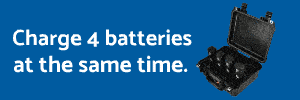- Joined
- Jan 3, 2016
- Messages
- 305
- Reaction score
- 46
- Age
- 34
The antenna connector shown here where the arrow is, broke off but the pin is still there. The round piece surrounding the pin came loose.
Would soldering the cable right to the PCB board give me a reliable connection?
20160425_225733.jpg
Would soldering the cable right to the PCB board give me a reliable connection?
20160425_225733.jpg







